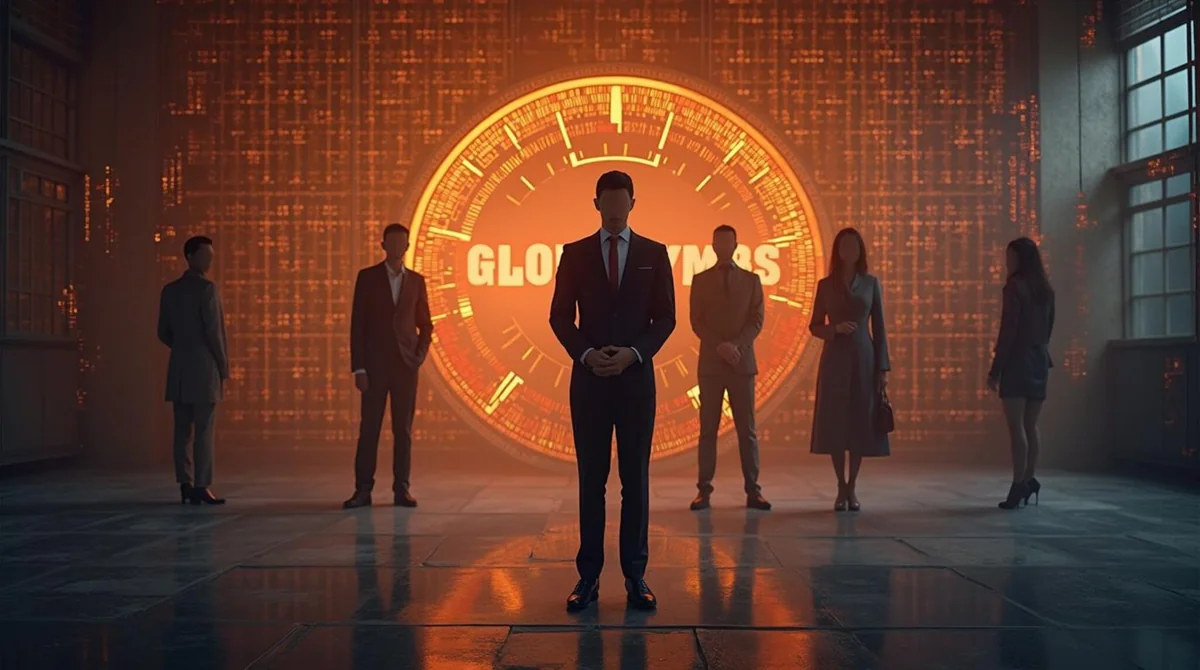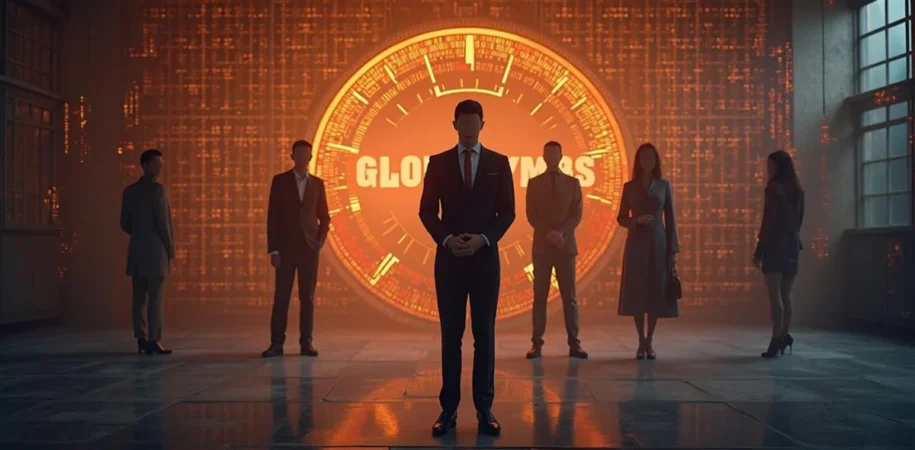Search engines have evolved from simple keyword matchers to sophisticated AI systems that understand context, intent, and even predict what users truly want. As we stand at the crossroads of another technological leap, the future of SEO algorithms promises changes that will fundamentally reshape how we create and discover content online.
The Rise of Conversational Search Intelligence
Tomorrow’s search algorithms are moving beyond traditional query processing towards genuine conversational understanding. Google’s recent updates already demonstrate this shift, with the search engine now capable of maintaining context across multiple related searches. This means algorithms will soon remember your previous queries, understand follow-up questions, and provide increasingly personalised results based on your search journey.
Natural language processing has reached a point where search engines can decode the subtle nuances in how we phrase questions. Rather than matching keywords, future algorithms will focus on understanding the underlying problem you’re trying to solve, even when you struggle to articulate it clearly.

Visual and Voice Search Dominance
The integration of visual recognition technology into search algorithms represents a seismic shift in how we’ll interact with search engines. Google Lens and similar technologies are just the beginning. Future algorithms will seamlessly blend text, image, and voice inputs to deliver comprehensive results that match exactly what users envision. Decoding Tomorrow’s Technology Trends: Evidence-based Predictions for 2024
Voice search optimisation will require content creators to rethink their approach entirely. Algorithms will favour content that answers questions in a conversational tone, prioritising direct answers that sound natural when read aloud by voice assistants. This shift demands a fundamental change in how we structure and write web content.
Predictive Search and User Intent Modelling
Machine learning models are becoming increasingly adept at predicting what users want before they finish typing. Future SEO algorithms will analyse patterns across millions of searches to anticipate user needs based on context, time of day, location, and historical behaviour. This predictive capability will extend beyond simple autocomplete suggestions to actually pre-loading relevant content based on anticipated queries.
The implications for content strategy are profound. Websites will need to optimise not just for current search terms but for anticipated future queries related to emerging trends and evolving user interests. When Smart Design Meets Artificial Intelligence
Entity-Based Understanding Over Keywords
Search engines are transitioning from keyword-centric models to entity-based understanding. This means algorithms will recognise and understand relationships between people, places, things, and concepts rather than simply matching text strings. Google’s Knowledge Graph already demonstrates this capability, but future iterations will take this much further.
Content creators will need to focus on building topical authority around entities rather than targeting specific keywords. This requires comprehensive coverage of topics, establishing clear connections between related concepts, and providing context that helps algorithms understand the relationships within your content.
Preparing Your Content Strategy for Algorithm Evolution
Adapting to these algorithmic changes requires a proactive approach. Start by auditing your current content to identify gaps in topical coverage. Focus on creating comprehensive resources that answer multiple related questions within a single piece. Implement structured data markup to help algorithms better understand your content’s context and relationships.
Consider developing content clusters around core topics, linking related pieces to establish clear topical authority. Invest in improving page experience metrics, as user satisfaction signals will play an increasingly important role in how algorithms evaluate content quality. Most importantly, prioritise genuine value creation over technical optimisation tricks that may become obsolete.

Looking Ahead: The Human Element Remains Central
Despite the technological sophistication of future search algorithms, the human element remains paramount. Algorithms will continue evolving to better serve human needs, meaning the most successful SEO strategies will be those that genuinely prioritise user experience and value. As we decode the future of SEO algorithms, remember that understanding and serving your audience’s needs will always be the most reliable path to search visibility.
The next level in chemical space navigation: going far beyond …


